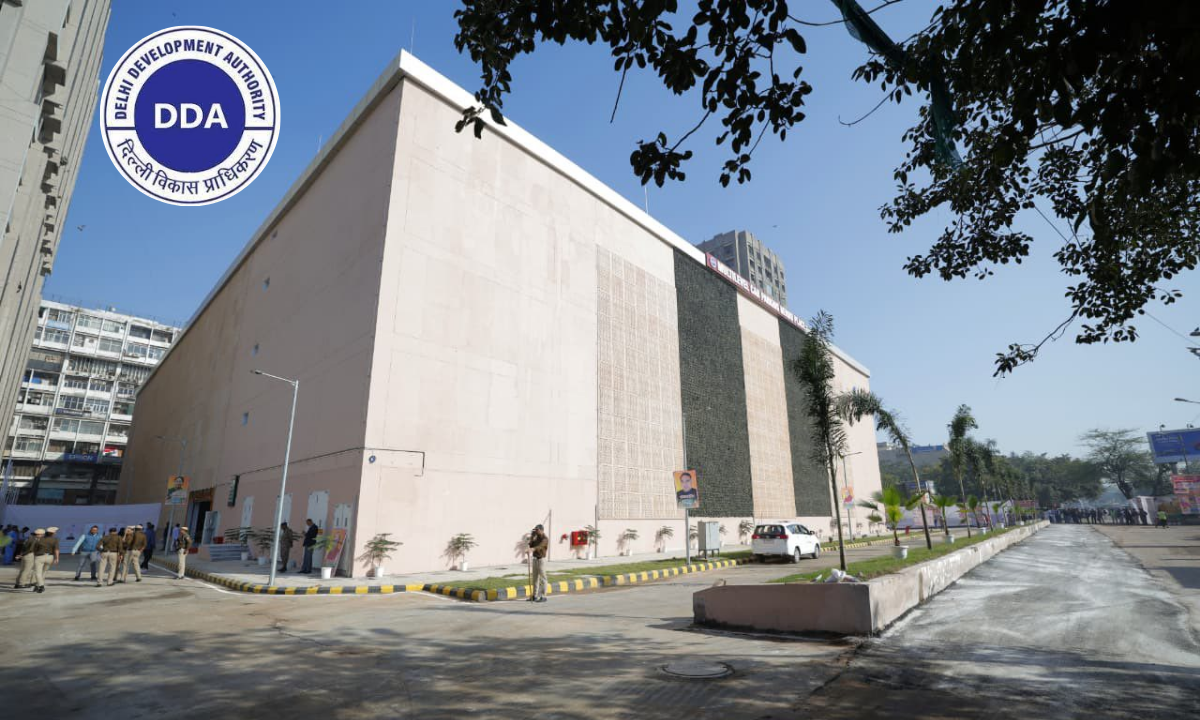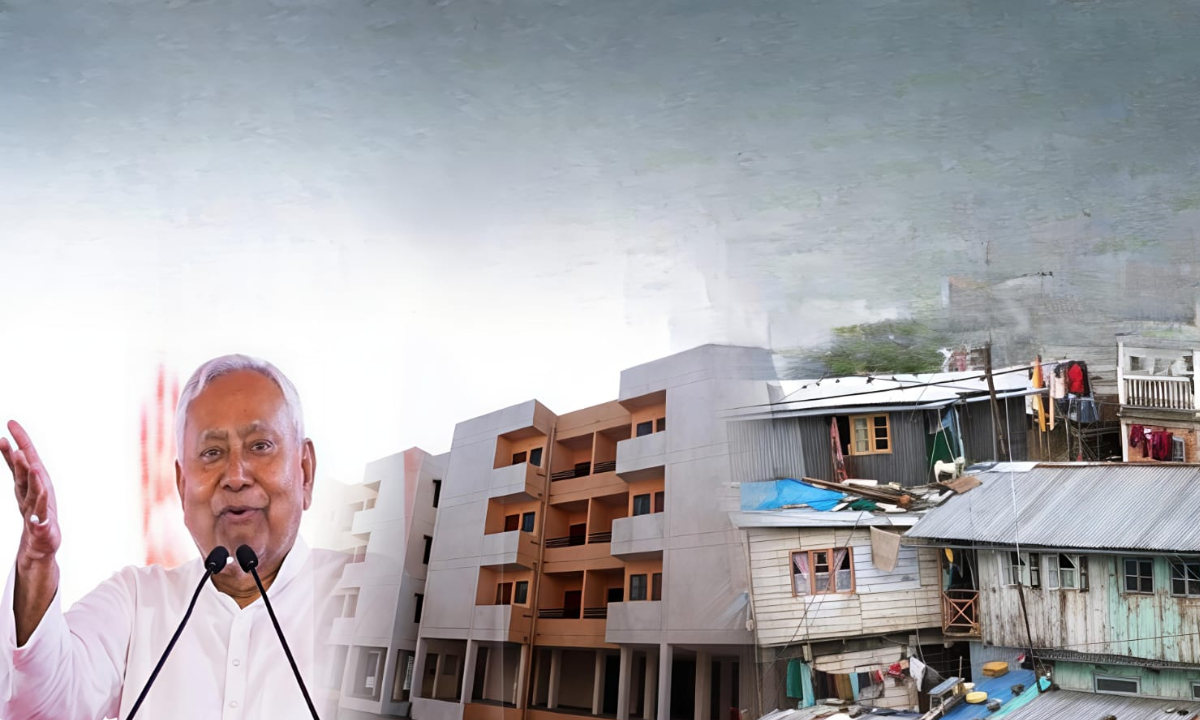In a recent dispute concerning taxation norms, real estate developers are challenging the 18% Goods and Services Tax (GST) levied on the transfer of development rights within joint development agreements (JDAs). These agreements typically occur between developers and landowners, where developers argue that since JDAs do not involve the sale of land, the transfer of rights under such arrangements should not attract GST.
The controversy gained momentum earlier this week when a real estate developer approached the Supreme Court following a Telangana High Court ruling which affirmed the tax imposition. The apex court has since sought a response from the Centre, scheduling a hearing for September 9. Meanwhile, developers and landowners are obliged to comply with the Telangana High Court's ruling and continue paying the tax.
JDAs are seen as partnerships where landowners contribute their land, and developers undertake the responsibility to develop the property, constructing buildings and infrastructure. Sanjay Dutt, managing director of Tata Realty, pointed out, "If land is sold to a third party, GST can be levied. However, in a JDA, there is no sale of land, so it should ideally be exempt from GST." Dutt also emphasized that imposing GST on JDAs could threaten the financial viability of real estate projects as the increased costs would ultimately burden buyers.
Dhaval Ajmera, director of Ajmera Realty & Infra India, added that GST generally applies to services, and since no services are rendered in a joint development, imposing GST seems inappropriate. He also highlighted that developers are already paying stamp duty on JDA agreements, questioning the rationale behind an additional GST.
Tax experts support the notion that development rights are merely incidental to land sales and should not be taxable. Abhishek A Rastogi, founder of Rastogi Chambers and legal representative for a developer in the Supreme Court case, argued that such rights, being ancillary to the ultimate conveyance of land, fall outside the purview of GST, which explicitly excludes the supply of land.
Meanwhile, Shareen Gupta, Partner at JSA Advocates and Solicitors, recognized the complexities surrounding this issue. Although legislation does not explicitly tax such transactions, certain notifications related to valuation and timing of supply for these services suggest that JDAs might be taxable. Gupta also mentioned that from another perspective, developing land could be seen as a taxable service, akin to construction or leasing activities.
As the real estate industry awaits the Supreme Court's decision, the outcome of this case could significantly influence the financial structure and taxation compliance for joint development agreements across India.
Image source- proptiger.com









.png)